cover art by Rosngela Renn, from Red Series (Military), 2000 Untitled (hangman), 2000; Digital Lightjet print on Fuji Crystal Archive Paper 180 x 100 cm. Used with permission. all rights reserved No part of this publication may be reproduced or transmitted in any form or by any means, electronic or mechanical, including photocopying, recording, or any information storage or retrieval system, without permission in writing from the publisher.
The production of this book was made possible through the generous assistance of the Canada Council for the Arts and the Ontario Arts Council. BookThug also acknowledges the support of the Government of Canada through the Canada Book Fund and the Government of Ontario through the Ontario Book Publishing Tax Credit and the Ontario Book Fund. Library and Archives Canada Cataloguing in Publication Surani, Moez, 1979-, author
amlah, operacin, opration, operation, xing dong, operatsiia / Moez Surani.
First edition. Poem.
Parts of the title romanized.
Issued in print and electronic formats.
ISBN 978-1-77166-268-0 (paperback)
ISBN 978-1-77166-269-7 (html)
ISBN 978-1-77166-270-3 (pdf)
ISBN 978-1-77166-271-0 (Kindle) I. Title. II. Title: Operation. PS8637.U74.H34 2016 C811.6 C2016-905014-9
C2016-905015-7
Introduction
One
This is a poem of violence.
It is a collection of the names of military operations conducted by member states of the United Nations ( UN ) from the UN s inception in October 1945 , to the incorporation of the Responsibility to Protect ( R2P ) document in 2006 . The title is the word operation in the six official languages of the UN : Arabic, Spanish, French, English, Chinese and Russian. The poem that follows is a globe-spanning inventory of the contemporary rhetoric of violence and aggression. Representatives from fifty countries gathered in San Francisco in April 1945 , and by the end of June an agreement was reached to create an international system unifying these countries. President Truman declared that this constituted a solid structure upon which we can build a better world and a victory against war itself. In light of the events of the Second World War and military activities since that time, his belief in the promise of that document now appears nave.
Most prophetic was his conclusion: If we fail to use it we shall betray all those who have died so that we might meet here in freedom and safety to create it. If we seek to use it selfishlyfor the advantage of any one nation or any small group of nationswe shall be equally guilty of that betrayal. The UN s birth in 1945 is the opening frame of this poem. A second UN document, the Responsibility to Protect, sixty-one years later, is the closing frame. The R2P language emerged from UN Secretary General Kofi Annans question to the public in 2000 : If humanitarian intervention is, indeed, an unacceptable assault on sovereignty, how should we respond to a Rwanda, to a Srebrenicato gross and systematic violations of human rights that offend every precept of our common humanity? Twelve people met in Ottawa to determine how to rightfully breach a countrys sovereignty to prevent calamity. Their answer: a government has a responsibility to protect its citizens.
When this responsibility is abdicated, the UN can rightfully intervene. With this poem beginning at the outset of the UN and closing at the 2006 ratification of the R2P language, this framing embodies a movement in the poem itself, away from conflicts between countries and towards those within them.
Two
During World War Two, Winston Churchill wrote a memo with directives for how to name British military operations:
- Operations in which large numbers of men may lose their lives ought not to be described by code words which imply a boastful or overconfident sentiment... or, conversely, which are calculated to invest the plan with an air of despondency....
- They ought not to be names of a frivolous character.... They should not be ordinary words often used in other connections...
Names of living peopleMinisters and Commandersshould be avoided.... After all, the world is wide, and intelligent thought will readily supply an unlimited number of well-sounding names which do not suggest the character of the operation or disparage it in any way and do not enable some widow or mother to say that her son was killed in an operation called Bunnyhug or Ballyhoo. - Proper names are good in this field.
The heroes of antiquity, figures from Greek and Roman mythology, the constellations and stars, famous racehorses, names of British and American war heroes, could be used, provided they fall within the rules above.
These rules are still observable today. Most of the names, even those American ones that were generated automatically but altered and approved by the Joint Chiefs of Staff, have dignity, an inspirational loft, a sense of worthiness and tend towards the heroic.
Three
Who wrote this poem? Over the past four years, Ive treated
Operacin Opration OperationO as a piece on which countries have inadvertently collaborated. But who, specifically, is responsible for draping
County Fair over the menace of an operation in Vietnam? Or for
Grapple being the sign under which nuclear weapons detonated high above the Pacific? Even thinking of this as a collaboration forsakes precision. Who are the authorsthe committees or those at the top tiers of commandwho selected these names and sent them down through their fighting ranks and out into the international media? Despite my effort, this piece is simply a gesture towards the comprehensive poem that Ive failed to fully excavate. When I began, I envisioned it encompassing all the names and for it to be so perfect that no matter the researcher whether in Geneva, Toronto or Seoulthe resulting text would be identical.
I had to concede that this isnt exhaustive; it would be different if it was done by another. One of the difficulties encountered in the composition process is that communist countries were harder to research than non-communist countries. This poem, then, has shadow entries, names of military operations nested between those cited that I failed to discover. The second complication is the number of judgment calls needed to determine whether an operation belonged on this list or not. What if it was a police operation and not a military one? Or if the source was not a government document, but a less official oneone that doesnt boast the same stature and veracity? The police operations, I omitted; operations derived from folk documents, I have included. So the entries Hammer (a 1987 Los Angeles Police Department operation targeting gang violence), Trident (a 1998 London Metropolitan Police operation targeting gun violence) or Fire for Fire (a 2001 Nigerian operation to counter armed robberies) are absent.
But Albacete (a 1960 exercise in Spain) and Ixil (a Guatemalan operation targeting internal subversives) are present. Following these parameters, Ive also omitted oper-ation names by non-governmental organizations that arent signatories to the UN s charter. Because of this, the operation names of, for example, the Tamil Tigers do not fit within this text. So in this poem it could appear as though the Sri Lankan army, in


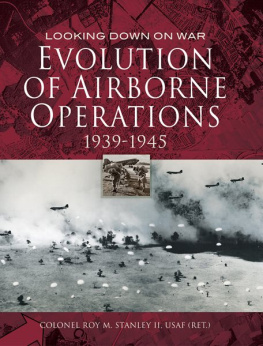
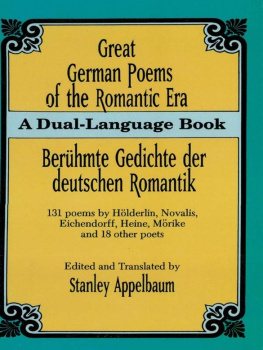
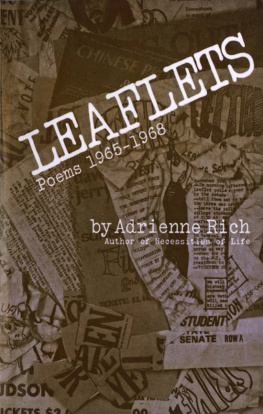
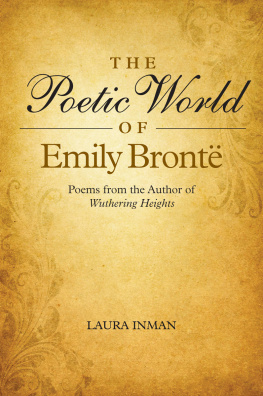
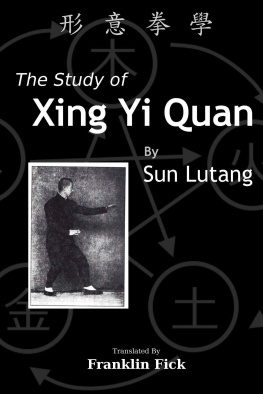
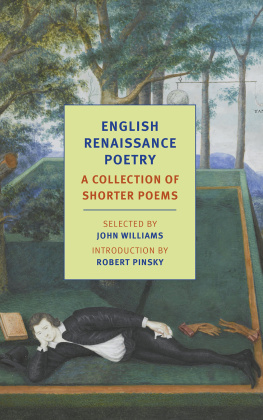
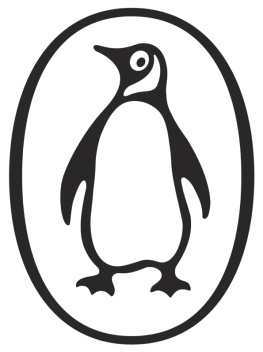
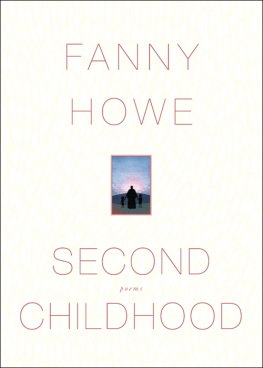
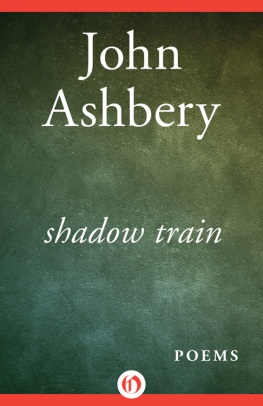
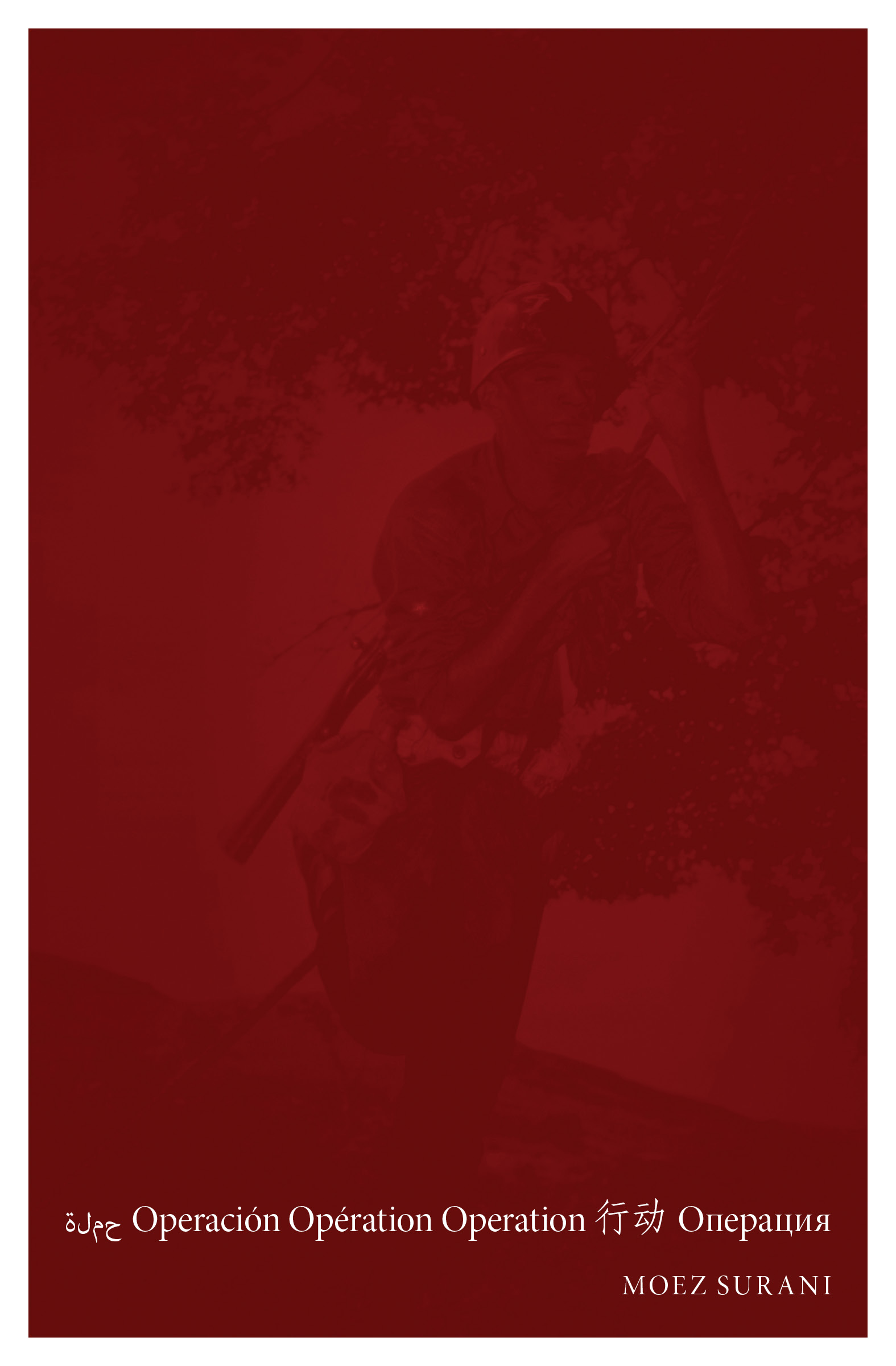

 The production of this book was made possible through the generous assistance of the Canada Council for the Arts and the Ontario Arts Council. BookThug also acknowledges the support of the Government of Canada through the Canada Book Fund and the Government of Ontario through the Ontario Book Publishing Tax Credit and the Ontario Book Fund. Library and Archives Canada Cataloguing in Publication Surani, Moez, 1979-, author
The production of this book was made possible through the generous assistance of the Canada Council for the Arts and the Ontario Arts Council. BookThug also acknowledges the support of the Government of Canada through the Canada Book Fund and the Government of Ontario through the Ontario Book Publishing Tax Credit and the Ontario Book Fund. Library and Archives Canada Cataloguing in Publication Surani, Moez, 1979-, author